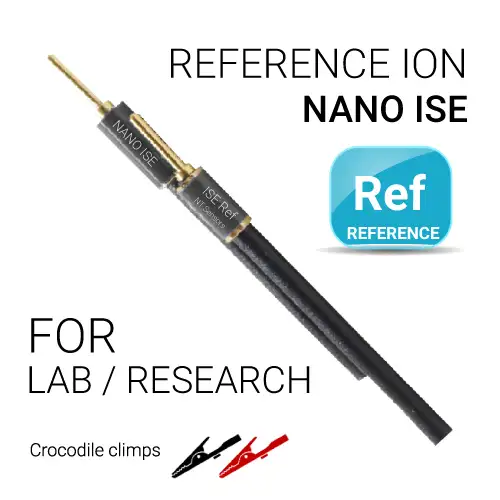- Products
STANDARD SOLUTIONS
Sensors & Probes
- Applications
- Company
Company
- Shop
- Customer support
Customer support
- My account
- Contact
- Products
STANDARD SOLUTIONS
Sensors & Probes
- Applications
- Company
Company
- Shop
- Customer support
Customer support
- My account
- Contact






